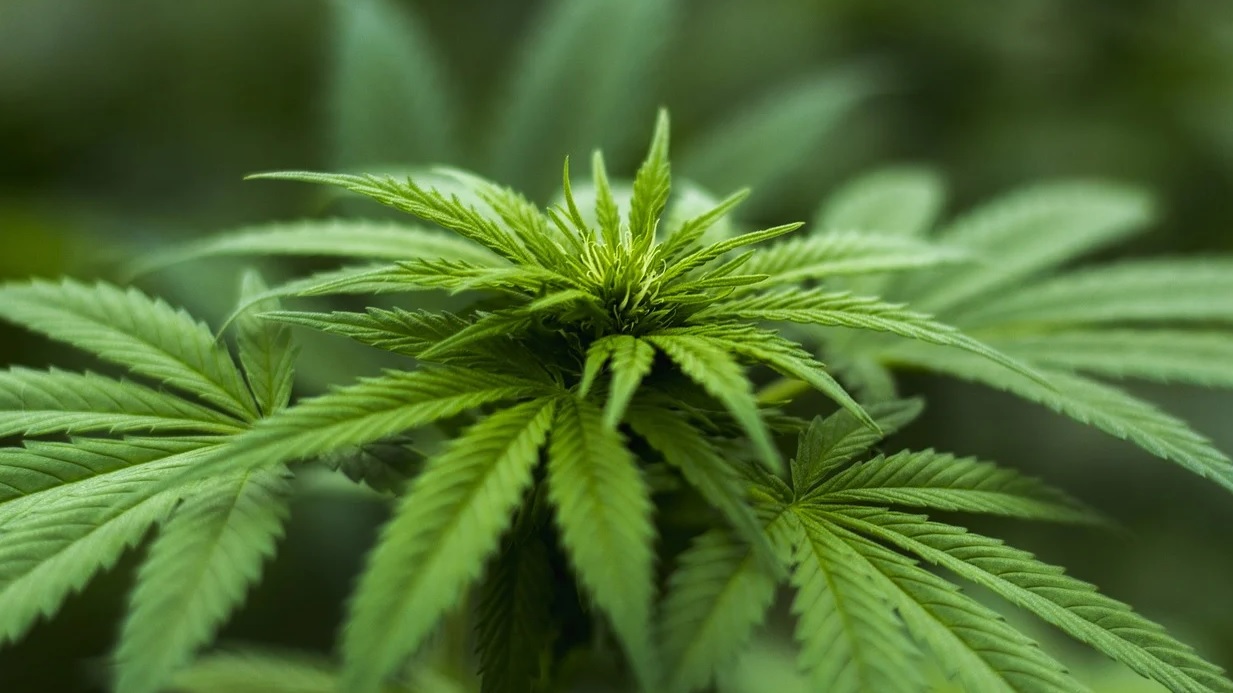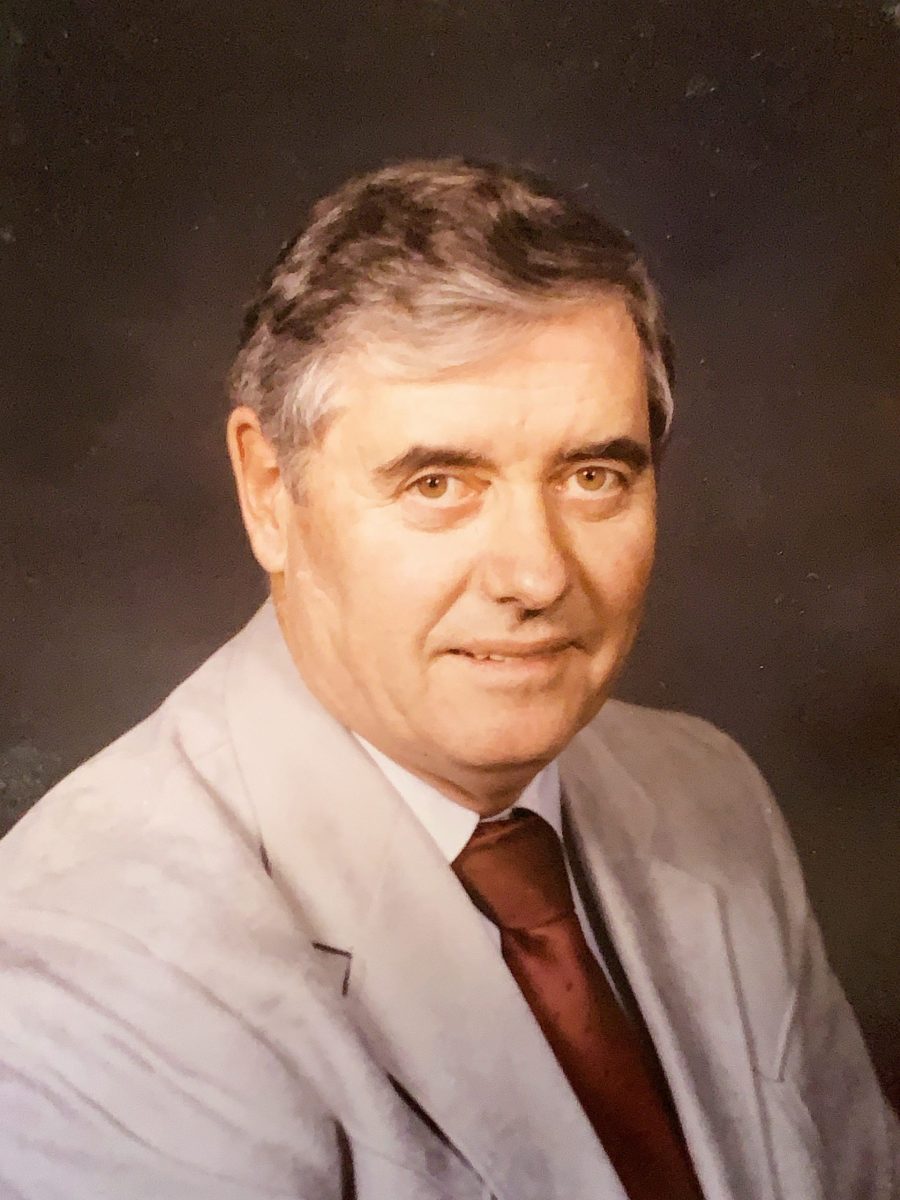UNDATED – More than 11,500 South Dakotans hold medical marijuana cards two years after medical cannabis became legal in South Dakota.
That’s well ahead of projections made by the state when the program first started in 2021, said Jennifer Seale, the state Department of Health’s medical cannabis program administrator. The state began issuing cards in November 2021 after South Dakotans voted to legalize medical marijuana in 2020.
Originally, the state had anticipated 6,000 cardholders by 2024, Seale told members of the Medical Marijuana Oversight Committee in Pierre on Monday. The committee is made up of legislators and other appointees who review the state-run medical marijuana program and make recommendations to improve it.
“We’ve doubled the amount that we were projecting to see in three years within two years,” Seale said.
She added that the most common reasons or conditions South Dakotans cite when seeking medical marijuana cards include cancer, chronic pain, seizures, multiple sclerosis and severe muscle spasms.
New cards made up the bulk of the medical marijuana program’s revenue in fiscal year 2023, which was $1.37 million. But that revenue stream is uncertain, Seale said, once the number of medical marijuana cards plateaus or reaches a “saturation point.”
Controversial pop-up clinics are one of the main ways South Dakotans are accessing medical marijuana cards, presenters told the committee. Pop-up clinics were highlighted as a problem at a previous committee meeting in October 2022, resulting in failed bills including one that would have limited medical marijuana clinics to certain facilities.
Rep. Fred Deutsch, R-Watertown, introduced the bills during the 2023 legislative session, which ended in March. On Monday, he recounted his experience obtaining a medical marijuana card in April, citing a lack of confidentiality because he could hear conversations between patients and the provider, and poor provider-patient relationship-building when he sat for his appointment. The appointment was not through Deutsch’s primary care physician, but rather a nurse practitioner he hadn’t met previously.
Deutsch also said the appointment lacked a thorough examination to determine if he needed the card. The appointment lasted less than 10 minutes, he added.
The committee plans to tackle the issue again — either through bills or recommendations to the Legislature.













